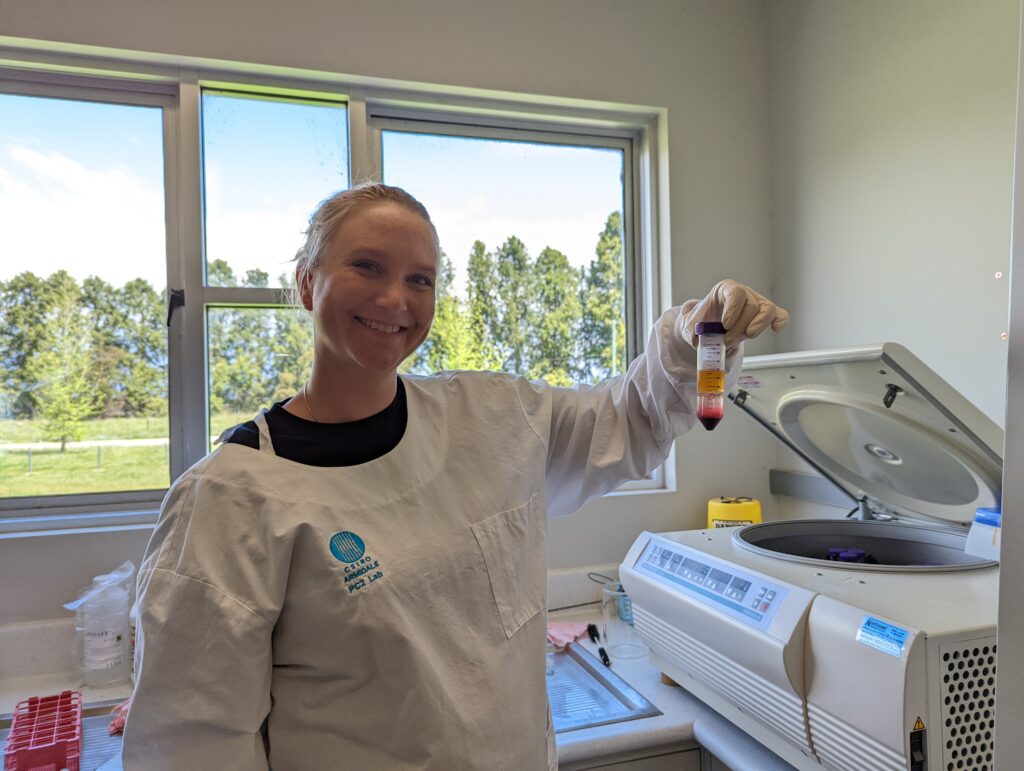Microbiome signatures for improved detection of Johne’s disease in livestock
Using the gut microbiome for early detection of Johne’s disease ensuring the health and welfare of livestock.
The challenge
Johne’s disease is a chronic, incurable infectious disease in ruminant livestock caused by Mycobacterium avium subsp. paratuberculosis. The highly contagious disease, which leads to wasting and eventual death in affected animals, is a significant biosecurity risk and welfare concern in Australia and internationally. Infected animals spread the bacteria to other animals for more than two years before showing clinical symptoms, devastating whole herds and resulting in significant financial losses to farmers. To control the spread of Johne’s disease in livestock, early detection and quarantine is vital. However, as for many infectious diseases, the current diagnostics tests for Johne’s disease are lacking, with poor sensitivity and turn-around times.
Our response
CSIRO researchers are investigating microbiome-based biomarkers for the improved detection of Johne’s disease. Intestinal inflammation resulting from infection, leads to changes to the composition and function of the gut microbiome. These changes have the potential to be used to distinguish healthy and infected animals faster and more accurately than current diagnostics tools. Using multi-omic techniques, researchers are analysing hundreds to thousands of bacteria in the gut microbiome to identify candidate markers to accurately predict disease. This will give farmers actionable information that they can use to minimise the spread of this devastating disease thereby improving the health and welfare of their livestock.
For more information see Host Response (csiro.au)
The team
Annaleise Wilson Postdoctoral fellow
Dr Ryan Farr Research scientist
Dr Cameron Stewart Team leader

Annaleise Wilson isolating immune cells from blood collected from cattle
